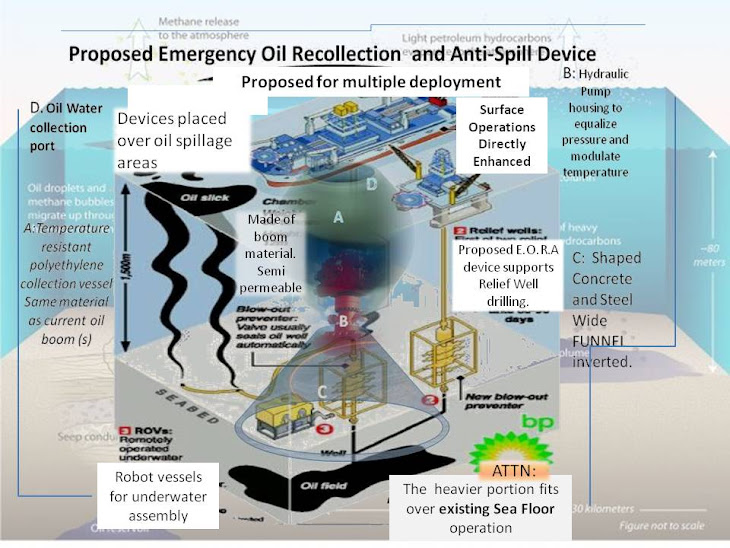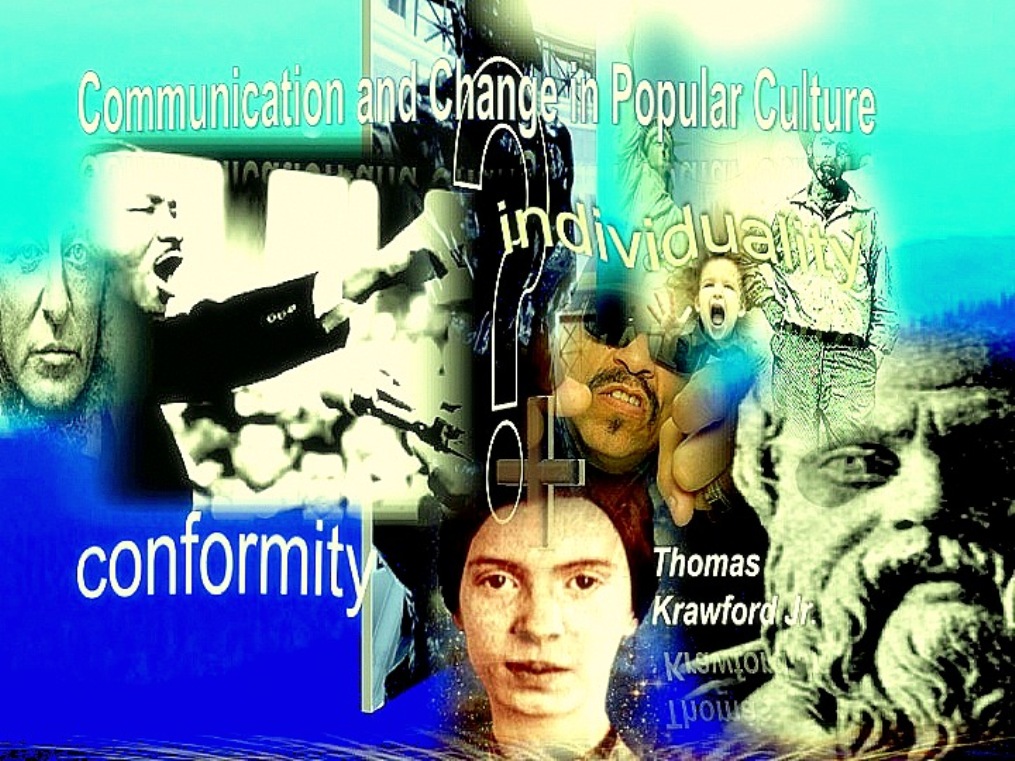Teaching Tolerance
In the above website, tolerance is defined as the harmony of difference. Yet, I argue we as intelligent, thinking human beings need to take the meaning of this definition much further and deeper into the unknown landscape of the problems that we and our neighbors face on a daily basis. To be more specific: we need to take a moment and step back from our understanding of the meanings of "things" that make up our world, and refocus our energies on the first knowledge we knew long before we knew how to walk: the formal and informal science of written and spoken words. (H. Coppee' 1887).
As far back as the 19th century, Coppee' among others implied that "logic" was indeed the first knowledge we experience in a systematic way. All of our subsequent understandings of math and science and order, begin as "child's play."
Quite often when one of us judges another for not seeing God in the same way, or not being black enough or rich enough or otherwise un-American, we make language subservient to the convenience afforded us by class, race or gender. Or more often than not, when we are faced with a problem such as Affordable Health Care in America, The War in Afghanistan, or the Arab-Israeli conflict, our ability to use language as a science becomes subservient to our lack of faith in the power of language to effect lasting social change.
I argue language as the human system where knowledge is first created remains the first place from which tolerance of ourselves and each other must continue to evolve.
For example, on the issue of Health Care Insurance reform in America, from a tolerance centered perspective, I assert the existing rules need to be changed allowing Congress the power to enact a short and long term fiscal instrument called a General Joint State and Federal Health and Human Services Municipal Fund based Public Derivative.
At 3-8% adjustable rate of a State or Regional Municipal Fund Pooled Outlay, Congressional and SEC oversight will insure this instrument supplements Section 307 of H.R. 3962 by specifically "anchoring" a General Health Insurance Exchange Fund and Public Trust to the State or Regional Health Insurance Exchange System. In English, this kind of arrangement creates the kind of infrastructure where a Public Option partially administered by the states will, in short order pay for itself: basically, because participating States' Treasuries would continually reinvest the underlying back into the original pool.
When we think in terms of a "tolerance perspective" then, no matter how impossible the idea may sound at first, the science of words here is the place we can always depend on when we use "logic" as as a science of the meaning in the service of peace.
Another example of how the logic of a tolerance perspective can apply to peace, is the war in Afghanistan.
In Afghanistan, the essential quality of both the Taliban and and Al queda can be traced back to Al Ghazali, an 11th and 12th century Arab philosopher whom many historians credit with the discovery of the kind of systematic skepticism, later philosophers such as Rene Descartes and David Hume would adapt in their theories of subjectivity and the will of the state. The point being: to a large military force like the U.S. or Pakistan, these facts are useless. But if we use a perspective of tolerance, we can clearly see that both the Taliban and Al quaeda are in point of fact, rogue intelligence organizations not tied to one particular nation but held together by many of the same mechanisms that hold most, if not all intelligence organizations together.
In plain language, the Taliban and Al Quaeda are "spies" who are in business for themselves. In order to deal with them effectively and eventually in a peaceful manner, we need to first give them much more credit than we currently do. We also need to let the conflict in that region resolve itself primarily as an outcome of "intelligence resolutions" rather than needless and costly direct military confrontations.
Admittedly, when we talk of tolerance and world peace, a discussion of trading one serpent in the garden for another does require some explaining. However, since tolerance is the harmony of differences, by using a strategy that does not involve any more excessive loss of American or Pakistani life and has a greater likelihood at an overall peace sooner than later, redefining the conflict along the suggested lines represents a just and peaceful path which is, ultimately what tolerance is all about.
By the same token then, the conflict in the Middle East between Israel and Palestine also basically involves a conflict between "intelligence" organizations. Both Hezbollah and Hamas are classified as "terrorist"organizations. But in terms of a "tolerance perspective" these "terrorist organizations" are more religious fundamentally based rogue intelligence communities who use terrorist tactics to achieve their strategy of regional destabilization, than "evil" men and women bent on destruction of Israel and the West.
In this case, a perspective of tolerance keeps us from judging other human beings while providing all sides the common advantage and joint economic security of a regional tolerance resulting from a harmony of differences as opposed to a constant "blare" of competing fears.
Is world peace possible? I argue, yes it is. But if we are going to rely on Tolerance as a guiding light to how we settle disputes in a just and peaceful way whether at home or abroad, we are going to have become much more vigorous, much more creative and much more compassionate in what we set, and if necessary reset,
as cornerstones in a better world where all people can live and flourish.
Speaking for myself, I know that neither compassion nor creativity are easy: in fact in many situations some may call this perspective "foolhardy" Many may say that such and such can't be done and to try is to invite failure and chaos. Some others will claim that such and such an idea will threaten the very fabric of society.
These are all the old "tapes" I am sure all of you have heard before.
But the one word these nay sayers always ignore is courage. Tolerance, if nothing else, demands from all of us, the courage to see disputes settled in a peaceful and just way: the courage to know and admit when we are wrong and to work to point forward from that setback.
Tolerance is the ultimate "child's play." It comes from the first knowledge we have of ourselves and our world and it remains, the heart of how we define ourselves and each other as human being.
Tom


+of+IMG_9264.jpg)



